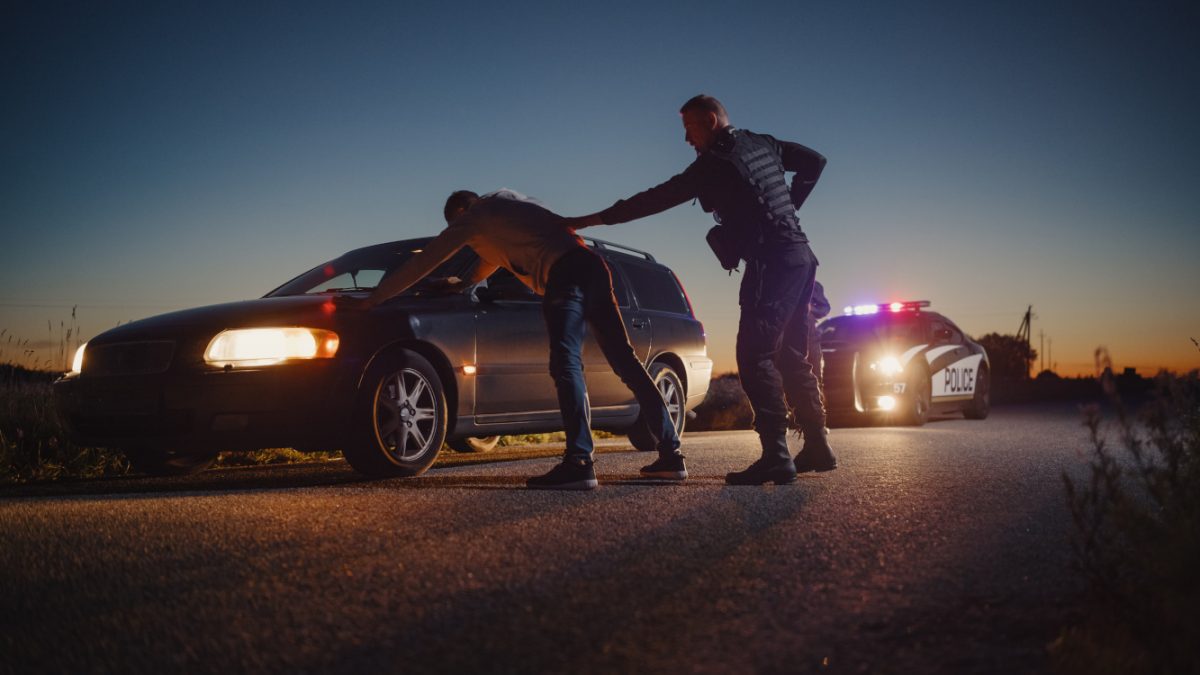As this blog has discussed before, law enforcement officers frequently use traffic stops as gateways to search for evidence of more serious crimes. The difference between a legal search and an illegal one can be subtle, turning on things like the length of time the interaction took (and whether the search prolonged the stop beyond the time necessary to address a traffic violation.) Given the level of nuance involved in these sorts of matters, it pays to have a knowledgeable Santa Barbara criminal defense lawyer on your side if you’ve been arrested in a situation like this.
Another critical nuance in these types of cases focuses on whether an officer was actively working to resolve the traffic violation during the time another searched for evidence of other crimes. If not, then you have a stronger case that your stop was an unconstitutional one.
A drug possession case from Anaheim is an example of this. It began after an Anaheim K-9 officer pulled over the driver of a pickup truck for making an unsafe lane change in violation of Vehicle Code Section 22107.The officer asked the driver for his license, then peppered the driver with questions unrelated to the traffic violation.
A little more than five minutes into the stop, another officer arrived. The first officer performed a patdown search of the driver but found nothing. Nevertheless, after several more minutes had elapsed, the K-9 officer brought out his dog, who sniffed the pickup truck and, at roughly the 12-minute mark of the stop, alerted on an area near the driver’s side door. The police ultimately found methamphetamine and a glass meth pipe.
The state charged the driver with possession of methamphetamine and drug paraphernalia. The centerpiece of the defense attorney’s case was that the police engaged in a stop that extended “beyond the time reasonably required to complete the mission of issuing” a traffic ticket, which meant the search was illegal.
Whether or Not the Police ‘Prolonged’ the Stop is the Key
The law allows police officers to do investigative tasks unrelated to the initial reason for a stop but only if the officer(s) can complete those tasks in the time it takes to resolve the initial traffic violation matter. For example, the U.S.
Supreme Court in 2005 found no Fourth Amendment violation in a case where an Illinois state trooper’s narcotics dog finished a sniff test of a driver’s vehicle during the time that another trooper wrote the driver a warning for a speeding infraction. Closer to home, the California
Court of Appeal in 2018 upheld a conviction based on a police dog’s sniff completed during the time that another officer wrote out a traffic citation.
The prosecution attempted to use those cases to argue that the search was legal; namely, that the K-9 unit was doing a drug search while the backup officer was conducting the traffic violation investigation.
This driver’s circumstance was different from those previous cases, however… and that difference was crucial. In this case, the state had no evidence the backup officer did anything to address the traffic violation. The backup officer never checked the driver’s license, vehicle registration, or proof of insurance, and he never ran an outstanding warrant check or even took out his citation book.
As a result, the state had no evidence anyone was doing anything about the traffic violation while the dog sniffed the truck. This meant the officers unconstitutionally prolonged the stop and the results of the search were illegally obtained (and should have been suppressed.)
Are you facing gun, drug, or other charges that arose from a minor traffic infraction? The search that yielded that evidence may have been illegal. Whether it comes to getting unconstitutionally obtained evidence suppressed or otherwise protecting your rights, count on The Law Offices of Tristan Verburgt to provide you with the strongest defense available under the law. To put the power of a skilled and experienced Santa Barbara
criminal defense attorney to work for you, contact us online or call (805) 220-3923.








 by Ohava
by Ohava